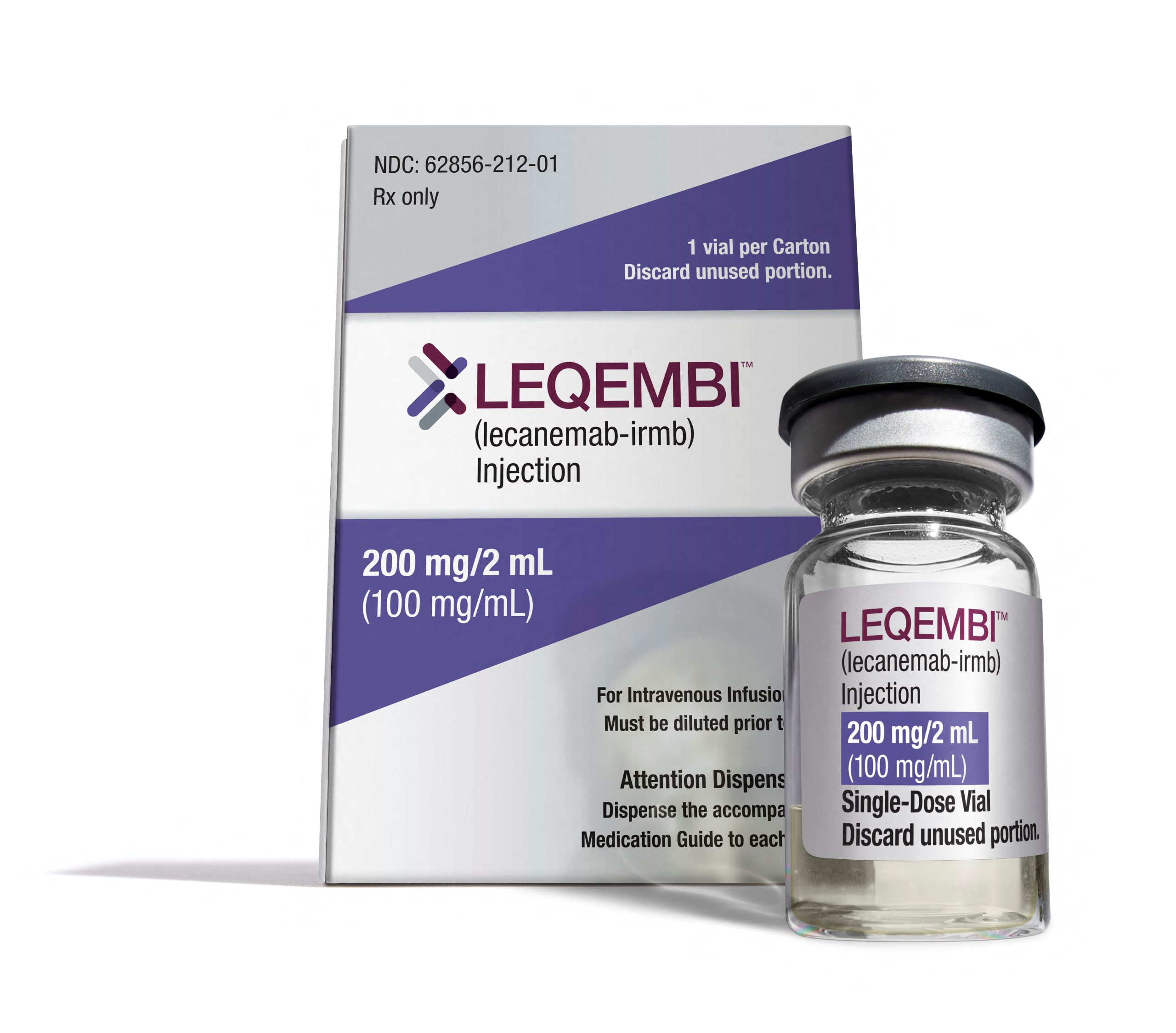
Britain’s medicines regulator gave the green light Thursday to a new Alzheimer’s drug which has shown to slow progression of the disease, making it Britain’s first such licensed treatment.
Lecanemab, which is designed to slow down cognitive decline in people with the neurological condition, was approved by the Medicines and Healthcare products Regulatory Agency (MHRA).
But the drug, developed by Japanese pharmaceutical company Eisai, will not be rolled out by the state-run National Health Service (NHS), as its spending watchdog has deemed it too expensive.
The benefits of lecanemab are “just too small to justify the significant cost to the NHS”, the National Institute for Health and Care Excellence (NICE) said.
Lecanemab was approved in the US last year, but was rejected by the European Medicines Agency (EMA) at the end of July.
The EMA said that the impact of the drug was “small” and the “benefits of treatment are not large enough to outweigh the risks” associated with the medicine.

In the US, the drug costs around £20,000 ($26,000) per patient, per year.
However, lecanemab has been hailed by Alzheimer’s researchers and charities for being the first approved treatment which tackles the early stages of the disease, rather than managing the symptoms.
It works by using antibodies which bind to and clear the proteins that normally build up in the brains of people with Alzheimer’s, the most common type of dementia.
The treatment has been shown to decrease cognitive decline by a quarter in people in the early stages of the disease.
“Evidence from a clinical trial suggests that people having lecanemab continue to have worsening cognitive function over time, but at a slower rate than people on placebo”, NICE said in its draft recommendations, adding that there was a “lack of evidence on the long-term effects”.
The news of the approval was described as “bittersweet” by Hilary Evans-Newton, chief executive at charity Alzheimer’s Research UK.
“It’s a remarkable achievement that science is now delivering licensed treatments that can slow down the devastating effects of Alzheimer’s, rather than just alleviating its symptoms,” Evans-Newton said.
Story by AFP
aks/pdh/yad
© Agence France-Presse





